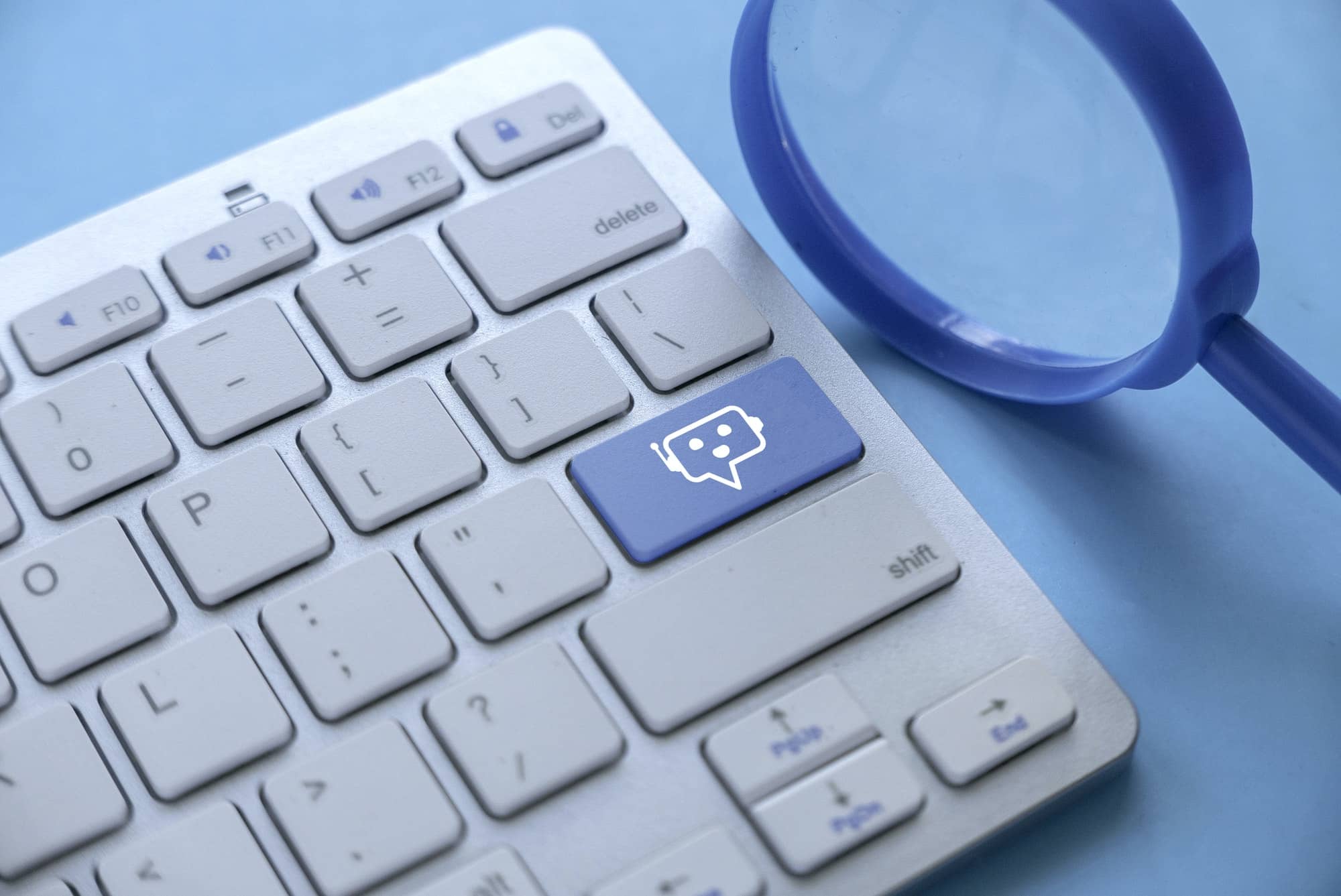How to use chatbots to provide health advice ?

Healthcare is undergoing a major digital transformation, and chatbots powered by artificial intelligence (AI) are playing a vital role in this evolution. By providing convenient and personalized access to health information, chatbots can be valuable tools for providing health advice and improving patient care. However, it is important to use them responsibly and ethically.
The advantages of chatbots for providing health advice
There are several benefits to using chatbots to provide health advice. You can get more details by going to https://www.mychatbotgpt.com/.
A lire également : 5 tips for optimising your advertising campaigns with MyImageGPT
Absolute accessibility to health information
One of the major advantages of chatbots in healthcare is their ability to provide absolute accessibility to health information. Indeed, these conversational systems overcome the traditional barriers which often hinder access to information
Chatbots can provide reliable and up-to-date health information 24/7. This helps fill a lack of access to information for many patients.
Cela peut vous intéresser : How Is IoT Impacting Home Appliances?
Additionally, these tools can be translated into multiple languages and adapted for different cultures to allow patients of all backgrounds to access health information in their native language.
Personalization of advice
Chatbots can adapt to each patient's needs and medical history to offer personalized and relevant advice.
In other words, chatbots can personalize access to information based on each patient's medical requirements, allowing them to find the most relevant information tailored to their specific situation. This remarkable accessibility to health information allows patients to:
better understand their health status and available treatment options;
make informed decisions about their health care;
proactively manage their health and prevent health problems;
reduce their anxiety and improve their overall well-being.
Early detection and referral
Chatbots can help identify early signs of health problems and direct patients to appropriate services to aid in early diagnosis and treatment
Indeed, thanks to their ability to interact with patients in a conversational manner and collect information about their symptoms and medical history, chatbots can, for example, identify the first signs of health problems.
This can be done by analyzing patient responses and comparing them to databases of symptoms; chatbots can detect anomalies and patterns suggesting an elevated risk of developing a particular disease.
Patient support and monitoring
Chatbots can provide emotional support and monitoring to chronic patients, helping them manage their health and improve their quality of life.
Depending on the results of screening and assessment, these tools can direct patients to the most appropriate health services, such as medical consultations, additional examinations or prevention programs.
They can encourage follow-up and appointment making by reminding patients to carry out follow-up examinations or to make an appointment with a healthcare professional in order to promote better compliance with medical recommendations.
Reduced healthcare costs
By reducing unnecessary medical consultations and promoting self-care, chatbots can help reduce healthcare costs.
Indeed, chatbots can help patients identify their symptoms and assess their severity, allowing them to differentiate between mild problems and those requiring medical consultation. This reduces the number of unnecessary consultations and frees up valuable time for doctors who can focus on more complex cases.
Supervising the use of chatbots for health advice
Despite their advantages, it is important to regulate the use of chatbots to provide health advice.
Accuracy and reliability of information
The information delivered by chatbots must be rigorously verified and updated regularly to ensure its accuracy and reliability.
Limitations of automated advice
Chatbots cannot replace human medical expertise. They should be used in addition to and not as a replacement for consultation with a healthcare professional.
Privacy and data protection
Patient medical data must be protected in accordance with applicable regulations.
Transparency and accountability
Patients must be informed of the use of chatbots and the origin of the information provided.
Chatbot training and evaluation
Chatbots must be trained and evaluated regularly to ensure their performance and suitability to patient needs.
Conclusion
Chatbots represent a promising tool for providing health advice and improving patient care. By using them responsibly and ethically, taking into account their limitations and ensuring the accuracy and confidentiality of information, chatbots can contribute to better accessibility to healthcare and better health for all.
